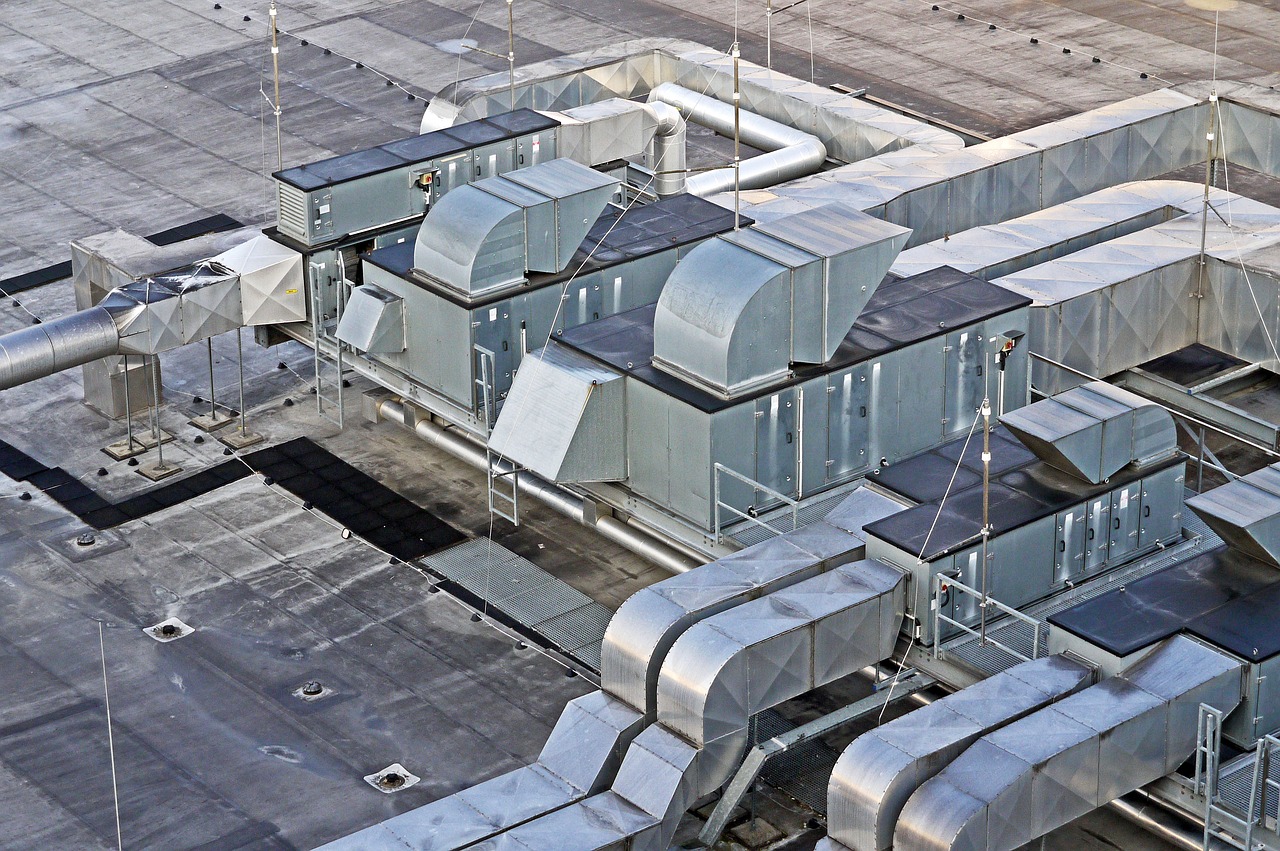The Role of Blockchain in Transparency and Accountability
Blockchain technology refers to a decentralized, distributed ledger system that stores transactional records across a network of computers. Each “block” contains a number of transactions, and every time a new transaction occurs, it is added to a new block. These blocks are then linked together in chronological order, creating a continuous chain of information known as the blockchain.
One key feature of blockchain technology is its transparency and security. Once a block is added to the chain, it cannot be altered or deleted, ensuring the integrity of the data stored within the blockchain. This makes blockchain a reliable and trustworthy system for recording transactions and maintaining a secure database of information.
How Blockchain Ensures Data Integrity
Blockchain technology ensures data integrity through its decentralized and immutable nature. Each block in a blockchain contains a unique cryptographic hash that is created based on the data in the block. This hash is linked to the hash of the previous block, forming a chain of blocks that cannot be altered without changing all subsequent blocks, making it nearly impossible to tamper with the data.
Moreover, the decentralized network of nodes in a blockchain collaboratively agrees on the validity of transactions through a consensus mechanism. This consensus mechanism ensures that all nodes have a synchronized copy of the data, eliminating the risk of a single point of failure or manipulation. By distributing the responsibility of verifying transactions across the network, blockchain technology enhances data integrity and security significantly.
The Impact of Blockchain on Supply Chain Management
Blockchain technology has revolutionized supply chain management by ensuring transparency and traceability throughout the entire process. Through the use of blockchain, each transaction and transfer of goods is recorded in a secure and immutable ledger, providing an accurate and real-time view of the supply chain. This level of transparency helps to identify any potential issues or delays quickly, allowing for swift actions to be taken to mitigate risks and maintain the efficiency of the supply chain.
Moreover, blockchain technology enhances data security within supply chain management by encrypting information and decentralizing storage. This decentralized nature of blockchain ensures that data is not stored in a single location, making it less vulnerable to cyber attacks or fraud. By providing a secure platform for sharing information between different entities in the supply chain, blockchain fosters trust and collaboration among stakeholders, ultimately leading to a more seamless and efficient supply chain ecosystem.





